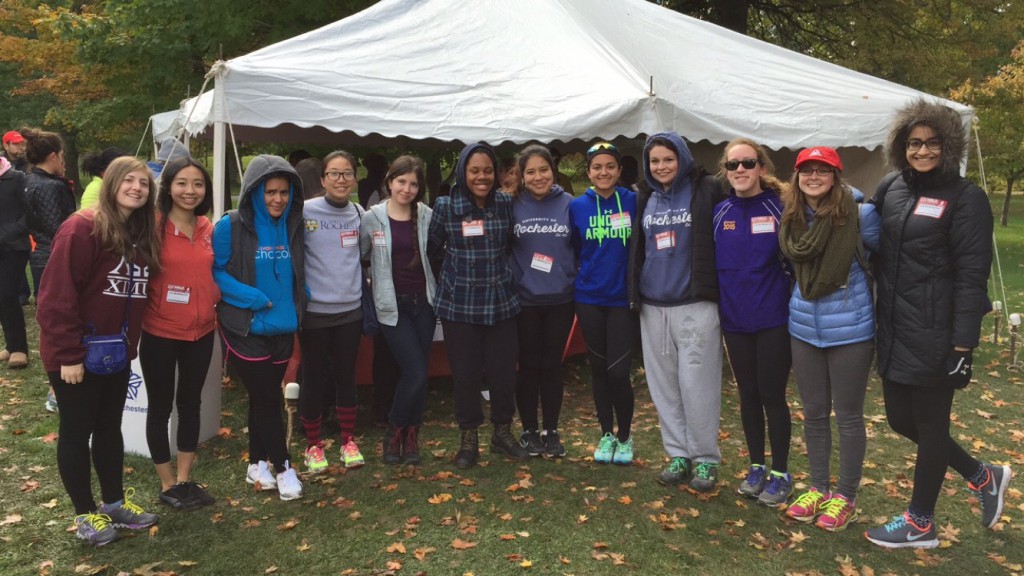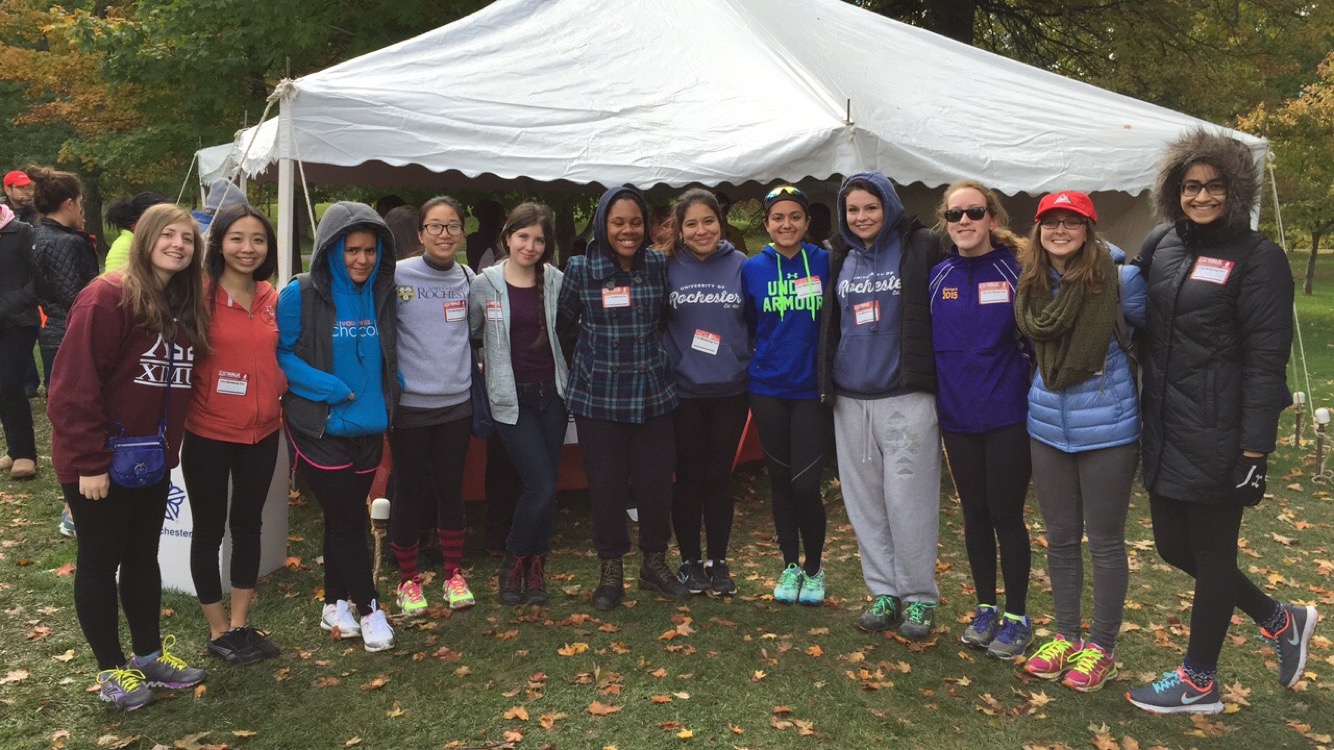Will I fit in?
How much should I explain to my roommate? How many boxes of reservoirs and sites should I pack? How should I adjust my basal rates to this new schedule? How should I handle the abundance of cookies, ice cream, or worse, alcohol? Am I allowed to eat in class? What should I do if I have a low during an exam?
These questions about my diabetes were my main concerns when preparing for college. I figured I could handle making friends, adjusting to college courses, and joining clubs—these were objectives for every incoming freshman. They were worries we could all share and laugh about together. It validated our stresses when we acknowledged that it was acceptable to be nervous, and gave us motivation to succeed.
I found myself trying to blow off steam by telling my roommate, “I just brushed my teeth but now I’m low (and need to eat)!” or “Gosh, those sweet potatoes had a lot more carbohydrates than I thought.” Except, my roommate did not relate to any of my stories about diabetes. It was difficult to feel like I did not have an outlet for these experiences. Here is where the College Diabetes Network steps in.
The College Diabetes Network
Since sophomore year of high school, I knew I wanted to join a College Diabetes Network (CDN) chapter at whichever college I attended. I saw a CDN pamphlet at Clara Barton Camp the summer I became a staff member, and I picked it up to show my mother as soon as I got home. It was something the both of us would appreciate. It was something I actively added to my college “wishlist.”
From day one (which was the day of my diagnosis, March 1, 2006), my mother has strived to eradicate any embarrassment I could feel about diabetes. She came into my elementary school class to demonstrate to my classmates why I would frequently visit the nurse’s office or sometimes sit out of gym. She educated herself about the best diet and snacks for a young diabetic, and stocked the refrigerator accordingly (I ate a lot of sugar-free Jell-O in my youth). She celebrated my diabirthday, the anniversary of my diagnosis, with our friends and family. She introduced me to a diabetes support group and a diabetes camp, which I have attended for just shy of ten years now. My mother made it her goal to imbue me with a sense of pride for the hard work we put in to taking care of myself. I am forever grateful for her, for taking that extra effort. I make it my personal goal today to help fellow diabetics recognize their efforts, too.
A great support system
The University of Rochester CDN chapter serves a dual purpose for me. I can reveal my stories about transitioning and listen to those of friends who understand. My concerns about and management toward my disease can be substantiated. Secondly, I can work toward improving the quality of life for diabetics through fundraising and awareness events. I can even participate in Teen Diabetes Network support groups and write international letters to a diabetic pen pal through Penpals United.

Making the move to college as a diabetic has gone really well for me. I would encourage any incoming freshman to join the Rochester CDN Chapter, whether they have diabetes, have a close friend or relative with diabetes, or just have an inclination to give back to the community. For diabetics, I think the best thing to do is to be open and honest about diabetes, and you will discover the support in the environment around you.
All my professors have been very kind about my needs during exams and class. My hall mates supported me by attending the local American Diabetes Association Step Out Walk to Stop Diabetes across the street from campus on October 17. My closest friends ask me to explain diabetes to them and are giving up dessert with me for a month to benefit my blood glucose levels. Our CDN chapter has introduced me to awesome girls and mentors. I feel so fortunate to have found these resources, and better yet, lovely groups of friends to catch dinner at Danforth with.

